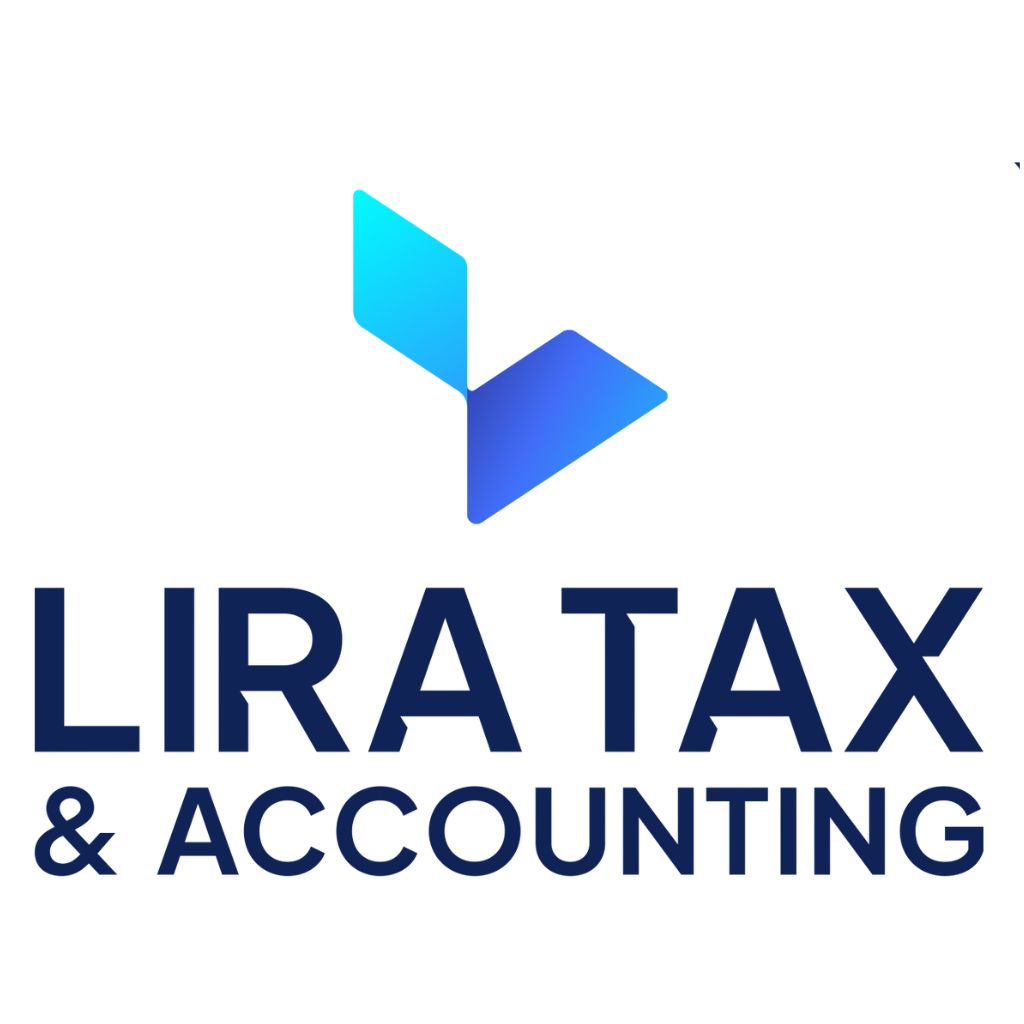Preparing for an audit can be a daunting task, but it’s essential to ensure your financial records and processes are in order.
An audit can be a stressful and overwhelming experience, especially if you’re not prepared. However, it’s important to remember that proper preparation can help ensure a smooth and successful outcome. To help you avoid common pitfalls, here are three common mistakes people make while preparing for an audit. Here are three common mistakes people make while preparing for an audit:
Not Organizing Their Records
One of the most critical steps in preparing for an audit is to organize your records. This means keeping all relevant financial and operational data in an easily accessible format, including invoices, receipts, and bank statements. However, many people neglect to keep their records organized, which can cause confusion and frustration when it’s time for the audit.
Failing to Plan Ahead
Another common mistake is failing to plan. This means not allowing enough time to review your records, identify potential problems, and take corrective action if necessary. Proper planning can help you avoid surprises during the audit and ensure you’re ready for any questions the auditors may have.
Not Asking for Help
Lastly, many people make the mistake of not asking for help. If you’re feeling overwhelmed, it’s essential to seek out professional guidance from a qualified accountant or auditor. They can provide valuable insights and guidance on preparing for an audit and help ensure your business is ready for the process.
Bottom Line
Hiring Lira Tax & Accounting for your audit preparation can be a smart decision for various reasons. Our team has years of experience in the accounting field, and we are dedicated to providing our clients with top-notch service. We take pride in our reputation for accuracy and completeness, which is why we believe that hiring us to do your audit preparation is the best decision you can make. Contact us today to learn more about how we can help you get ahead of any potential tax problems!
Lack of Documentation and Organization
One of the most significant mistakes is failing to maintain proper documentation and organization of financial records throughout the year. When auditors come in, they expect to see well-organized and complete records. If your records are scattered, incomplete, or missing, it can raise red flags and lead to extended audit timelines and potential fines.
Solution: Implement a robust record-keeping system from the start. Use accounting software, keep all receipts and invoices, reconcile accounts regularly, and maintain clear documentation of financial transactions.
Ignoring Internal Controls
Many organizations overlook the importance of internal controls. These controls are designed to prevent errors, fraud, and inconsistencies in financial reporting. Ignoring or neglecting internal controls can result in audit findings and may damage your organization’s credibility.
Solution: Establish and document internal controls such as segregation of duties, approval processes, and access restrictions. Regularly review and update these controls to ensure they remain effective.
Failing to Prepare Adequately
Some organizations underestimate the effort required for audit preparation. Auditors will examine your financial statements, transaction records, compliance with regulations, and internal controls. Failing to allocate sufficient time and resources for audit preparation can lead to rushed and incomplete responses to auditor inquiries.
Solution
Plan well in advance for the audit. Create a timeline, allocate resources, and assign responsibilities to ensure that everyone is aware of their roles in the preparation process. Consider performing a mock audit to identify and address potential issues before the actual audit.
In addition to these common mistakes, it’s crucial to maintain open communication with your auditors and be proactive in addressing any issues or concerns they raise during the audit process. By avoiding these mistakes and staying organized, you can streamline the audit process and increase the likelihood of a successful outcome.

